







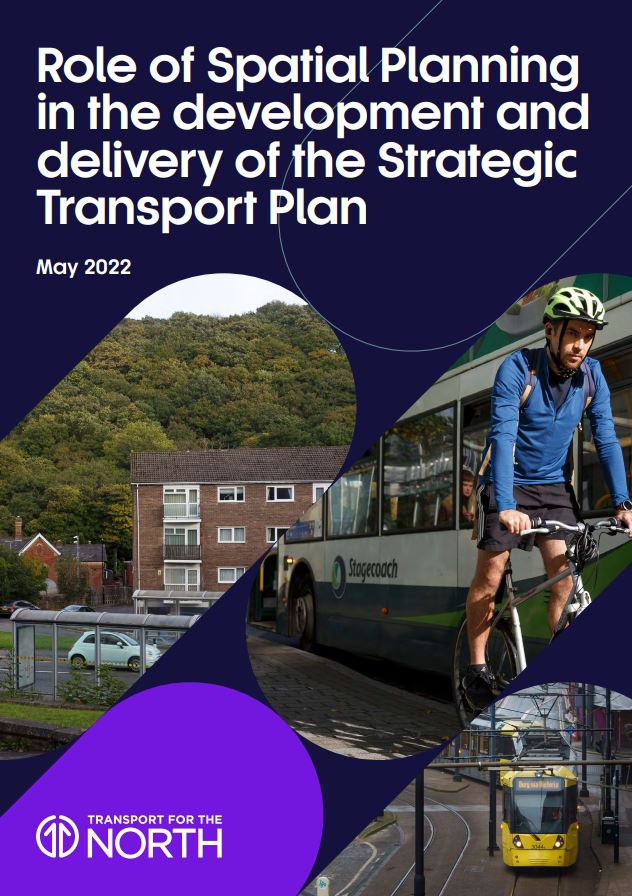
In developing our position on spatial planning, our objective is to support partners in adopting a place-based approach to the development of local plans and strategies, as well as informing the development planning process to consider TfN’s pan-Northern ambitions and facilitate cross-boundary collaboration.
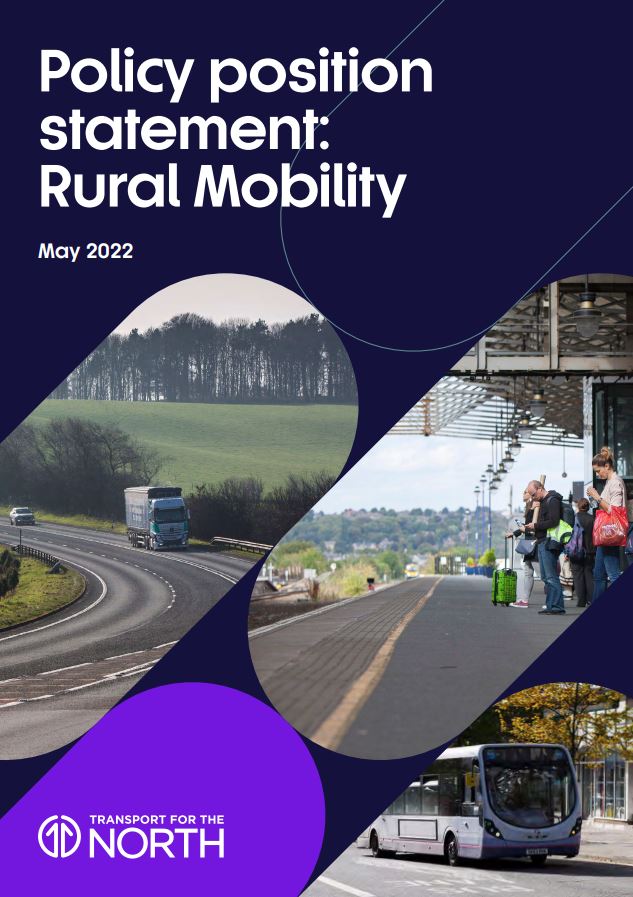
This policy position recognises there are different types of rural areas across the North, and identifies the need for a place-based and targeted approach for individual rural communities.
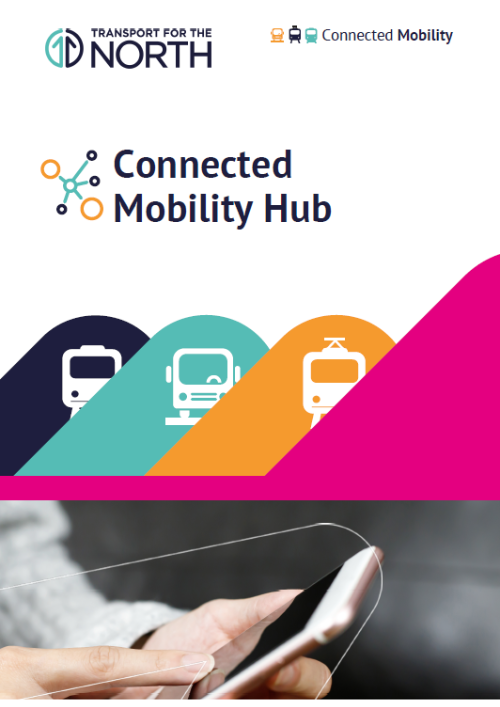
Connected Mobility Hub | providing LTAs with additional specialist capacity to support them in developing and deploying digital and ticketing initiatives.
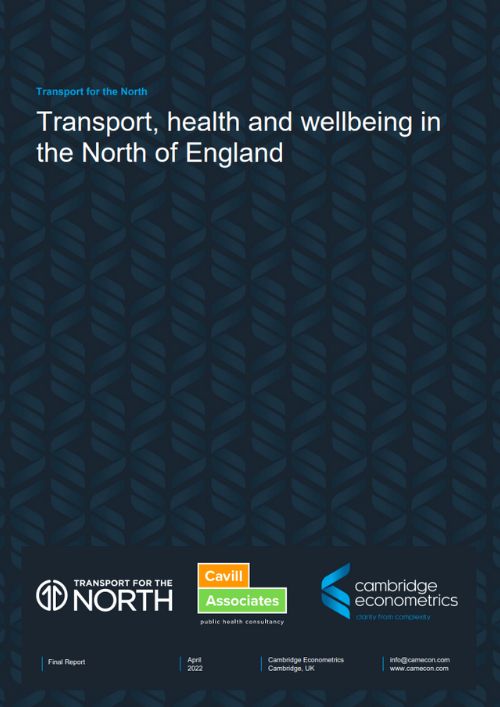
This research report maps the diverse set of impacts of the transport system on the health and wellbeing of people in the North, and quantifies the scale of these impacts. This draws on a literature review, methodological development process, and data modelling.
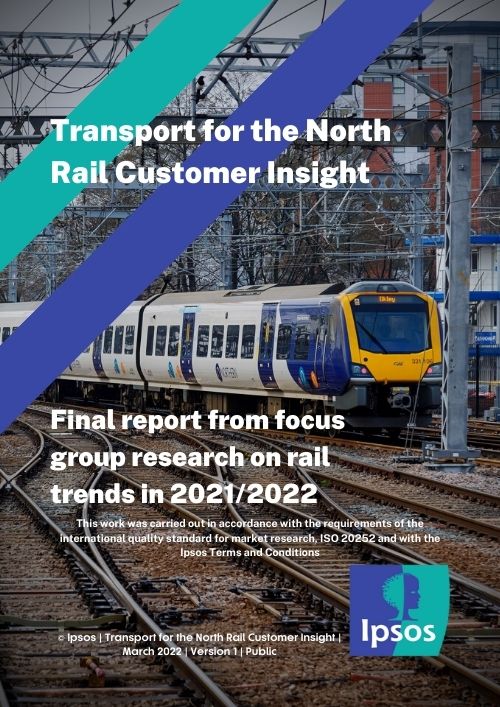
Transport for the North commissioned Ipsos to undertake qualitative research with residents in the North of England to explore a range of topics relating to rail travel. Overall, there was a sense participants desired to get back to ‘business as usual’ in terms of their rail use.
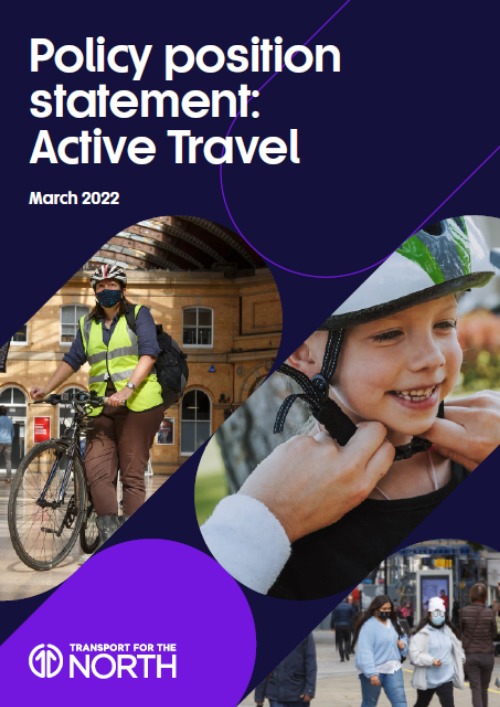
This document highlights the importance of enabling travel by foot and bicycle. It also identifies TfN's role, links to workstreams and TfN's suggested role in Active Travel
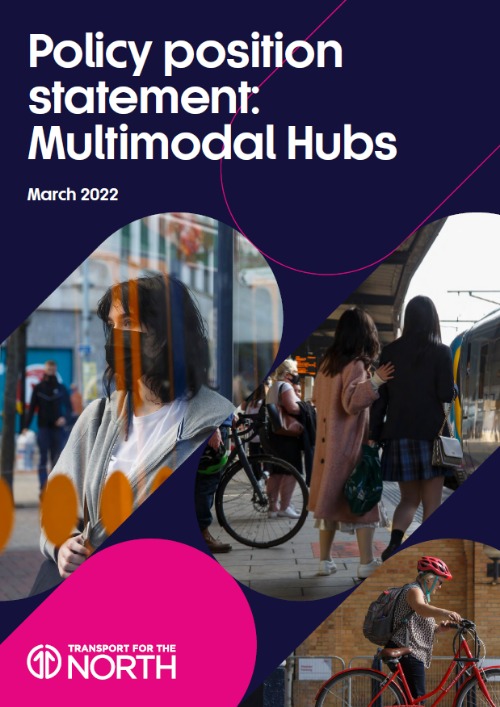
This document identifies the need to join-up transport options across different modes. The potential role of TfN in achieving better integration between Strategic Road Network (SRN), Major Road Network (MRN) and local public transport networks including bus and rail.

This letter is in regards Transport for the North’s Funding Allocation for 2022-23, sent to Secretary of State on behalf of Lord McLoughlin TfN Chair and Martin Tugwell TfN CEO.
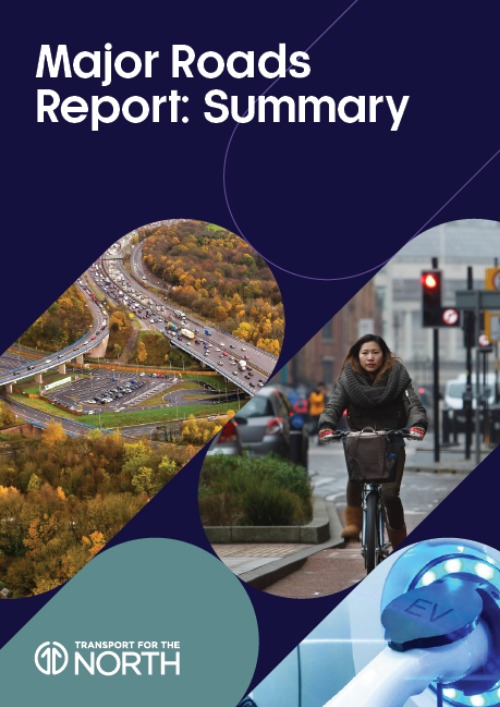
A summary of the Major Roads Report that outlines the critical role that the North’s strategic roads play in enabling our residents and businesses to go about their daily lives.